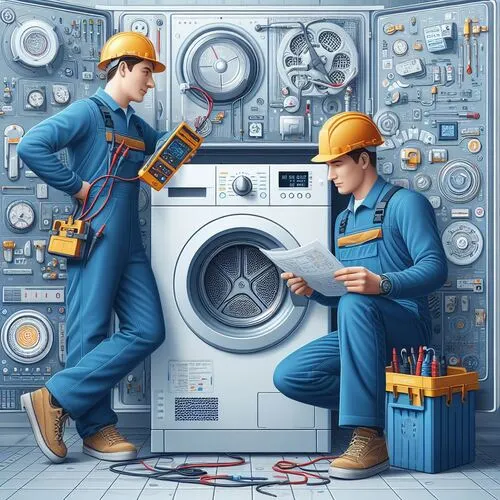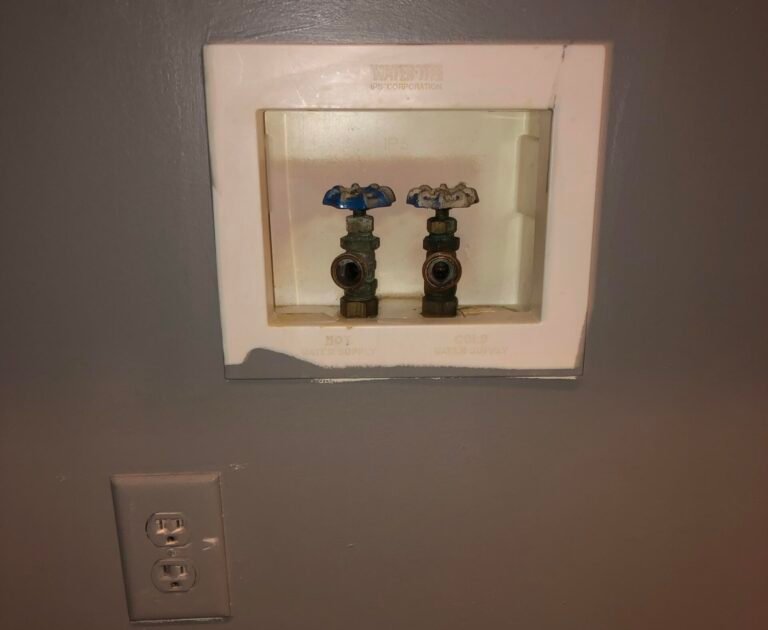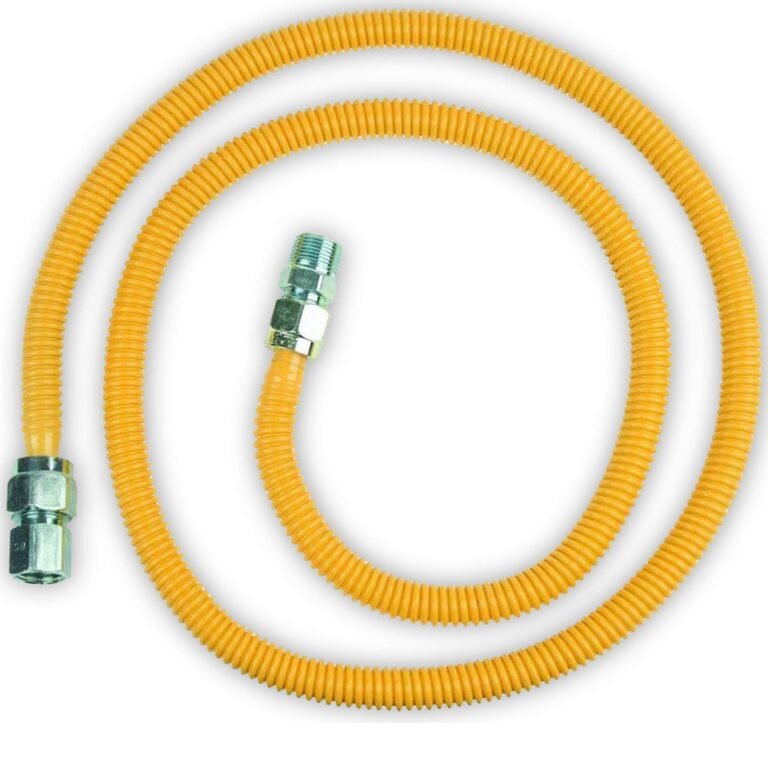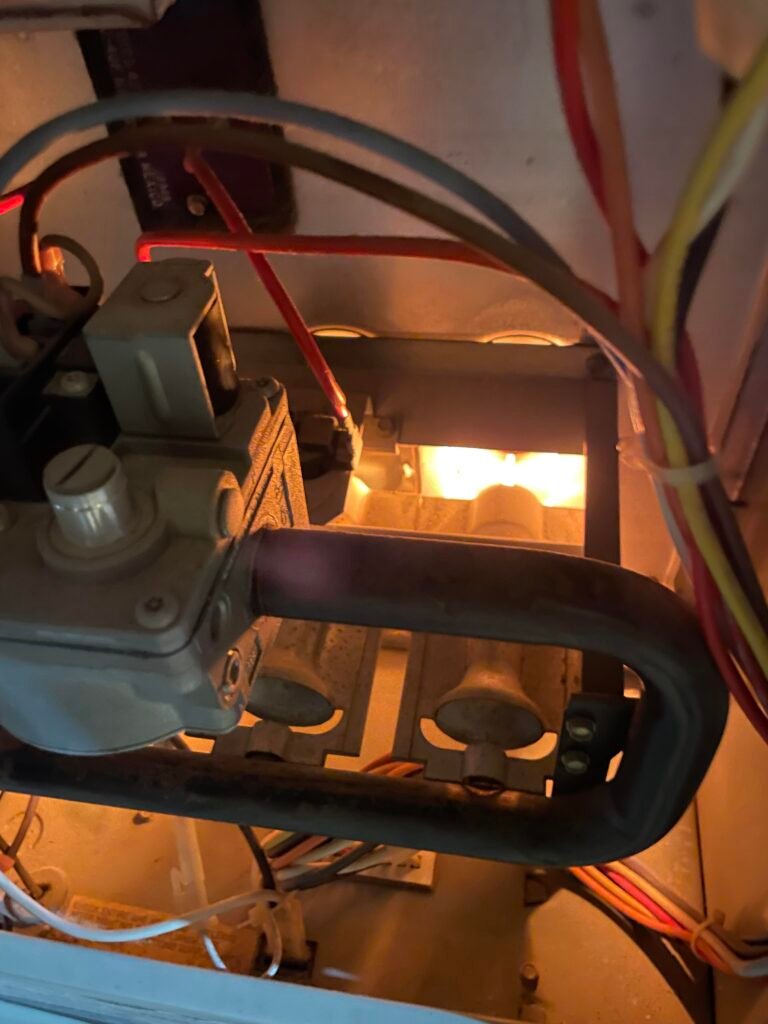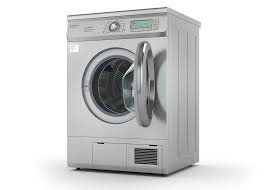Gas Dryer Overheating: Causes, Dangers, Prevention, and Solutions
Gas dryers are a common household appliance designed to make laundry more convenient. However, like any machine, they can encounter problems, and one significant issue that can arise is gas dryer overheating. In this article, we’ll delve into the causes, dangers, prevention measures, and steps to take when faced with a gas dryer overheating issue.
What is gas dryer overheating?
Gas dryer overheating refers to a situation where the appliance becomes excessively hot during its operation, exceeding safe temperature limits. This can result from various factors, and it’s essential to address this problem promptly to ensure both safety and the longevity of your dryer.
Why is it important to prevent gas dryer overheating?
Preventing gas dryer overheating is crucial for several reasons. First and foremost, it reduces the risk of fire hazards and carbon monoxide poisoning. Additionally, regular overheating can lead to a shortened lifespan of the dryer, which can be costly to repair or replace.
What are the signs and symptoms of gas dryer overheating?
Recognizing the signs and symptoms of gas dryer overheating is vital to address the issue before it escalates. These indicators may include:
- Excessive heat: The dryer feels much hotter than usual.
- Burning smell: A strong burning odor emanates from the dryer during operation.
- Clothes too hot: Clothes come out of the dryer extremely hot to the touch.
- Dryer shutting off: The appliance may automatically shut down due to overheating.
what are the Causes of Gas Dryer Overheating?
Understanding the root causes of gas dryer overheating is the first step towards preventing and solving the issue. Let’s explore some common culprits:
| Causes of Gas Dryer Overheating |
|---|
| 1. Lint buildup in the vent line |
| 2. Clogged dryer vent |
| 3. Faulty thermostat |
| 4. Broken heating element |
| 5. Improper ventilation |
- Lint buildup in the vent line: One of the leading causes of gas dryer overheating is lint accumulation in the vent line. Lint is highly flammable, and when it obstructs the airflow, it can cause the dryer to overheat.
- Clogged dryer vent: A clogged dryer vent restricts the flow of air, making it difficult for the dryer to expel heat. This leads to overheating and, in severe cases, a potential fire hazard.
- Faulty thermostat: The thermostat in your dryer is responsible for regulating the temperature. If it malfunctions and fails to control the heat properly, the dryer can overheat.
- Broken heating element: The heating element is another critical component that can lead to overheating if it becomes damaged or defective. It may remain in the “on” position, causing excessive heat.
- Improper ventilation: Poor ventilation in the laundry area or a lack of sufficient space around the dryer can hinder the dissipation of heat, resulting in overheating.
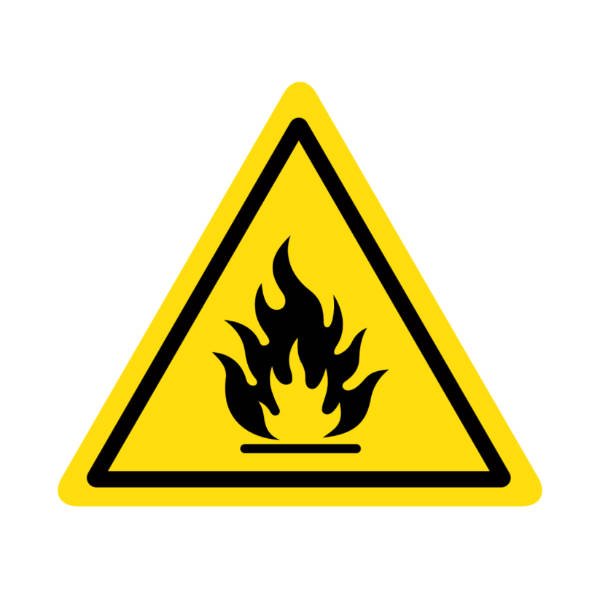
what are the Dangers of Gas Dryer Overheating?
Gas dryer overheating poses various dangers, and being aware of these risks is essential for safe usage:
| Dangers of Gas Dryer Overheating |
|---|
| 1. Fire hazard |
| 2. Carbon monoxide poisoning |
| 3. Reduced lifespan of the dryer |
- Fire hazard: The combination of excessive heat and lint buildup can lead to a fire within the dryer or in the vent system. This is not only dangerous but can also cause significant property damage.
- Carbon monoxide poisoning: In gas dryers, improper combustion due to overheating can release carbon monoxide into the air, which is a toxic gas. This poses a serious health risk if inhaled.
- Reduced lifespan of the dryer: Overheating can cause internal components of the dryer to wear out more quickly, potentially shortening the appliance’s lifespan and necessitating costly repairs or replacements.
One of the dangers associated with gas dryers, especially when they overheat, is the potential for carbon monoxide poisoning. To understand this risk better, you can read our article on Gas Dryer Carbon Monoxide, which delves into the details of how carbon monoxide can be produced and what precautions to take.
How to Prevent Gas Dryer Overheating?
Prevention is the key to avoiding the complications associated with gas dryer overheating. Here’s what you can do to keep your dryer running safely and efficiently:
| Preventive Measures |
|---|
| 1. Clean the lint trap after every use |
| 2. Have the dryer vent professionally cleaned once a year |
| 3. Make sure the dryer is properly ventilated |
| 4. Inspect the dryer for any damage or malfunctions on a regular basis |
- Clean the lint trap after every use: One of the simplest preventive measures is to clean the lint trap after each drying cycle. This reduces the risk of lint buildup and ensures proper airflow.
- Professional vent cleaning: Schedule annual professional vent cleaning to remove accumulated lint and debris from the vent line, ensuring unobstructed airflow.
- Proper ventilation: Ensure that your dryer is placed in a well-ventilated area with adequate space around it. Proper ventilation helps dissipate heat efficiently.
- Regular inspections: Periodically inspect your dryer for any signs of damage, such as worn-out heating elements or malfunctioning thermostats. Prompt repairs can prevent overheating.
What to Do If Your Gas Dryer Overheats?
In the event that your gas dryer overheats, it’s essential to take immediate action to prevent further damage and ensure safety:
- Turn off the dryer immediately: Stop the dryer’s operation as soon as you notice it’s overheating to prevent further damage.
- Unplug the dryer: Disconnect the dryer from the electrical outlet to eliminate the power source.
- Let the dryer cool down completely: Give the appliance sufficient time to cool down before attempting any further actions.
- Clean the lint trap and inspect the dryer vent for clogs: Once the dryer has cooled down, clean the lint trap and check the vent for any obstructions or clogs.
- Call a qualified repair technician: If you are unable to troubleshoot the problem or if you suspect a malfunction in the dryer’s components, it’s advisable to contact a qualified technician for a professional assessment and repair.
Conclusion
In summary, preventing gas dryer overheating is essential for your safety and the longevity of your appliance. Regular maintenance, cleaning, and vigilance can go a long way in ensuring that your gas dryer operates efficiently without posing a fire hazard or health risks. By following the preventive measures and taking immediate action if overheating occurs, you can enjoy the benefits of a well-functioning gas dryer while minimizing the associated risks. Stay safe, and keep your laundry days worry-free.
Throughout this article, we’ve discussed the issue of gas dryer overheating and its various aspects. It’s important to note that gas dryers are not the only option for drying your laundry; electric dryers are another popular choice. If you’re considering the differences between gas and electric dryers, you can explore our detailed comparison on Gas vs Electric Dryer for more information on their respective advantages and drawbacks.
Now, if you find that your gas dryer is not operating as it should and is leaving your clothes damp, you might wonder what’s causing the issue. In such cases, our guide on Dryer Not Drying Clothes can help you troubleshoot and resolve the problem.
To dig deeper into the technical aspects of gas dryers, you may be interested in understanding whether gas dryers have a pilot light and how they function. We have articles that provide insights into these topics, such as do gas dryers have a pilot light and how does a gas dryer work.
One question that often arises regarding gas dryers is whether they need to be vented. Proper ventilation is a crucial factor in preventing overheating, and you can find answers in our article on do gas dryers need to be vented.
Lastly, in the unfortunate event that your gas dryer is not igniting and you suspect a more severe issue, we have an article on gas dryer not igniting that offers guidance on potential causes and solutions.
By exploring these related articles, you can gain a comprehensive understanding of gas dryers, their functioning, and how to maintain them to ensure efficient and safe operation.


